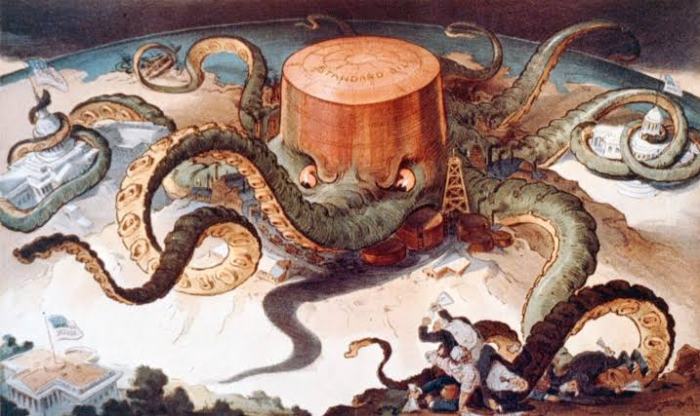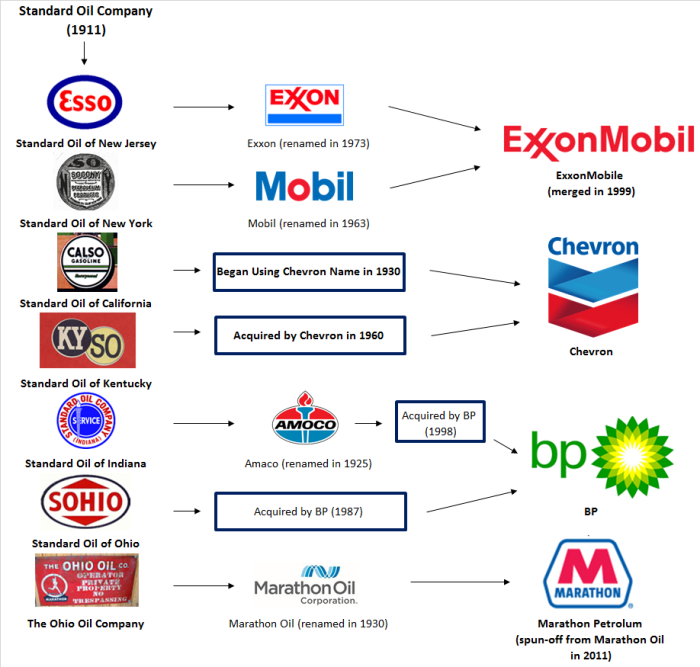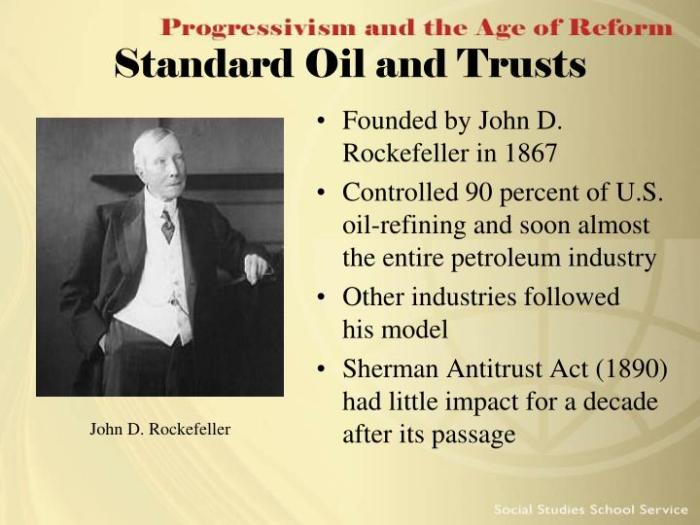Trusts like Rockefeller’s Standard Oil Trust were vulnerable because they lacked government regulation, faced legal challenges, and encountered negative public perception. This vulnerability ultimately led to their dissolution and the establishment of antitrust laws.
The absence of government oversight allowed trusts to amass excessive power, while the Sherman Antitrust Act aimed to break up monopolies. Public outcry against trusts’ harmful practices influenced government actions to curb their influence.
Economic Vulnerabilities: Trusts Like Rockefeller’s Standard Oil Trust Were Vulnerable Because They

Trusts like Rockefeller’s Standard Oil Trust were vulnerable due to the lack of government regulation and oversight. The absence of antitrust laws and enforcement mechanisms allowed these trusts to amass excessive power, leading to economic inequality and an unstable business environment.
Legal Challenges
The Sherman Antitrust Act of 1890 aimed to break up trusts and prevent monopolies. Standard Oil Trust and other large trusts faced legal battles and court cases that led to their dissolution.
Public Perception and Anti-Trust Sentiment
Negative public perception and growing anti-trust sentiment influenced public opinion and government actions. Public protests, political campaigns, and legislative efforts aimed at curbing the power of trusts.
Government Response and Regulation, Trusts like rockefeller’s standard oil trust were vulnerable because they
The federal government established the Federal Trade Commission (FTC) to prevent unfair business practices and monopolies. Significant antitrust laws and regulations were enacted to address the vulnerabilities of trusts.
FAQs
Why were trusts like Rockefeller’s Standard Oil Trust vulnerable?
Trusts like Standard Oil were vulnerable due to a lack of government regulation, legal challenges, and negative public perception.
What was the significance of the Sherman Antitrust Act?
The Sherman Antitrust Act aimed to break up monopolies and prevent trusts from gaining excessive market power.
How did public sentiment influence the regulation of trusts?
Negative public perception of trusts as harmful to the economy and society influenced government actions to curb their power.


